Many artistic projects have a definable catalyst that sparks the creative engine to action. But Samra Habib’s starting point wasn’t so easily definable.
“I honestly can’t remember an a-ha moment,” the Toronto-based photographer says. “Different events were happening in my life around that time and I wanted to work on something that embodied these questions I was having about my relationship with Islam and being queer. What it means to me shifts every day but it often serves as a moral compass when it comes to navigating relationships and understanding humanity.”
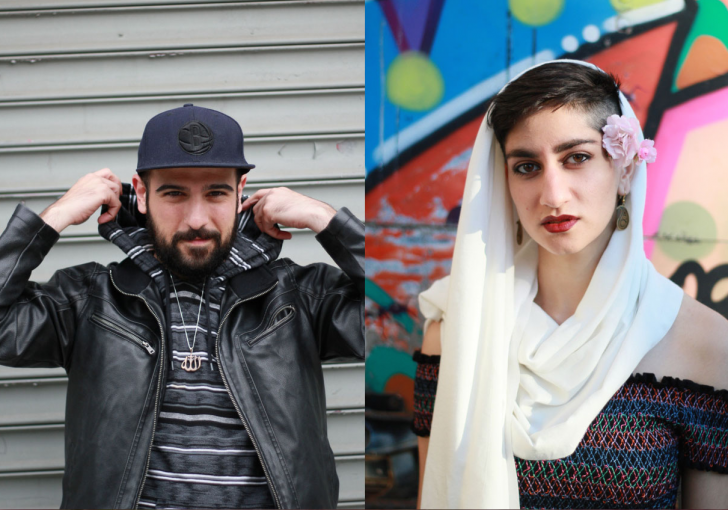
Having spent more than a decade in fashion journalism, Habib knows the punch a good shot can deliver. Part documentary, part street-style blog and part activism campaign, her collaborative series Just Me and Allah blends photos with statements from her subjects, letting them share their stories in their own words.
Queerness is far from a monolithic experience. Surveying the folks Habib’s assembled, it’s clear that adding Islam to the equation doesn’t change much. Some, like baseball-hatted Brooklyn hipster Harry, found surprisingly quick acceptance from their families. For others, like Shay, who fled Iran for Turkey as a refugee, leaving the closet could have meant a literal death sentence.
El-Farouk Khaki, a refugee lawyer, was born in Tanzania and arrived in Canada at age 10 after spending three years in London.
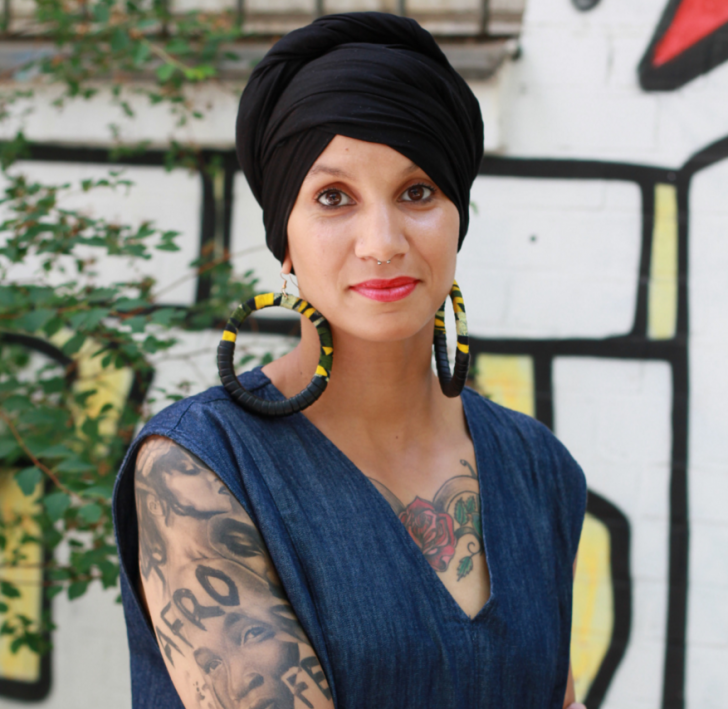
“There’s no conflict for me between those two parts of my identity,” he says. “That doesn’t mean there never has been in the past. But at this point I see no incompatibility between being gay and Muslim. My location on the LGBT spectrum gives me a specific insight into spirituality that other people don’t have, so I think it’s actually more enriched.”
Samira Mohyeddin, a Toronto-based journalist and one of the project’s early participants, emigrated from Iran with her parents in 1979 during the Islamic Revolution.
“My experience with Islam has always been tumultuous,” she says. “My parents are quite secular which is the reason they came to Canada. So for them, coming to accept me wasn’t a religious issue. It was a cultural issue. But I never had that sort of ‘Allah hates me because . . . ’ kind of feeling.”
Both have been openly queer for years. But they’ve also had to go through a second coming out as Muslims in the LGBT community.
“People often don’t believe I’m Muslim because I don’t have the visual markers people associate with it,” Mohyeddin says. “I don’t wear hijab and that seems to be main way people identify a Muslim woman. When they find out, there’s often the question of why and how I can [be] Muslim and gay at the same time.”
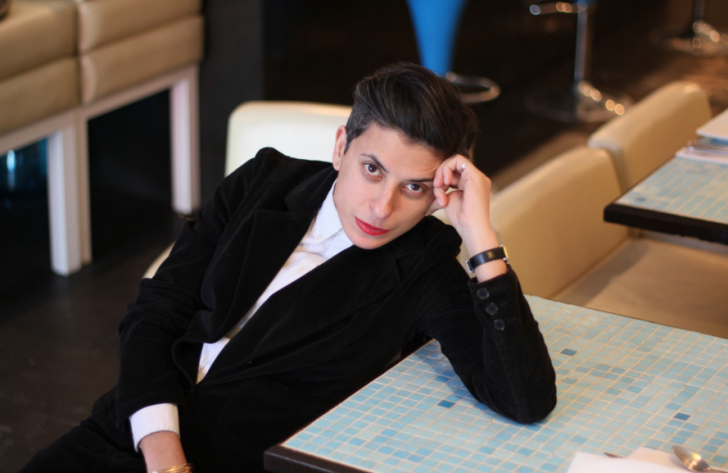
“I have an accent and a non-European sounding name, so I’m already othered,” Khaki says. “But I still get people being surprised when they find out I’m Muslim, saying things like ‘That must be so difficult.’ The sense that I must be conflicted or challenged by it reveals a lot of the assumptions people make about both of these communities.”
As long-time residents of Toronto, they both agree that the city is welcoming toward their identities.
“My insight on being queer in Toronto has a lot to do with my work with refugees,” Khaki says. “I deal with people who are coming from very frightening situations sometimes, so certainly I can see the amount of freedom and privilege that I have here in Canada. For a lot of people, because they don’t have a choice about being queer, what they end up giving up is their spirituality.”
“I’ve travelled a lot and I was living in New York after 9/11,” Mohyeddin says. “Being queer had never really been a huge problem for me, beside the odd person yelling ‘dyke’ as they drive by. But after that suddenly I was being scrutinized constantly, having my fingerprints taken and my retina scanned event though I’d lived in Canada almost my entire life. In that way, I feel damn lucky to be living in Toronto.”
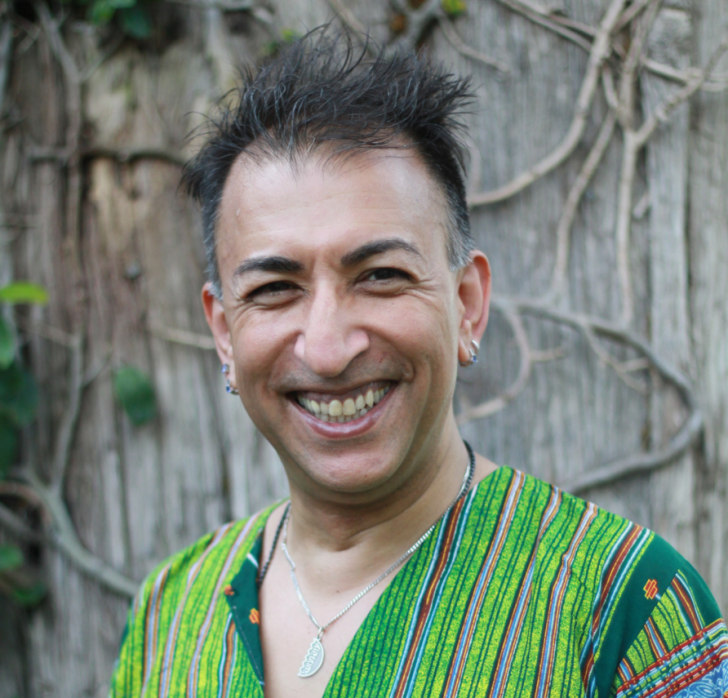
Habib has been developing the project for nearly two years with plans to continue. Along with the web platform, Just Me and Allah has been shown in Toronto, New York and Munich. She’s currently in discussions with several NGOs about expanding the scope and holding exhibitions in other cities.
Despite the notoriety it’s has gained her (Vice, Huff Post and Buzzfeed have all taken note), she sees the series primarily as a way to forge continued connections with her community.
“Meeting other queer Muslims who were asking the same questions about Islam and looking for community feels validating,” she says. “Seeing the project resonate with folks, especially young people, shows me I’m not alone. It makes me feel like I was right to follow my instincts.”
(Just Me and Allah: A Queer Muslim Photo Project
queermuslimproject.tumblr.com)
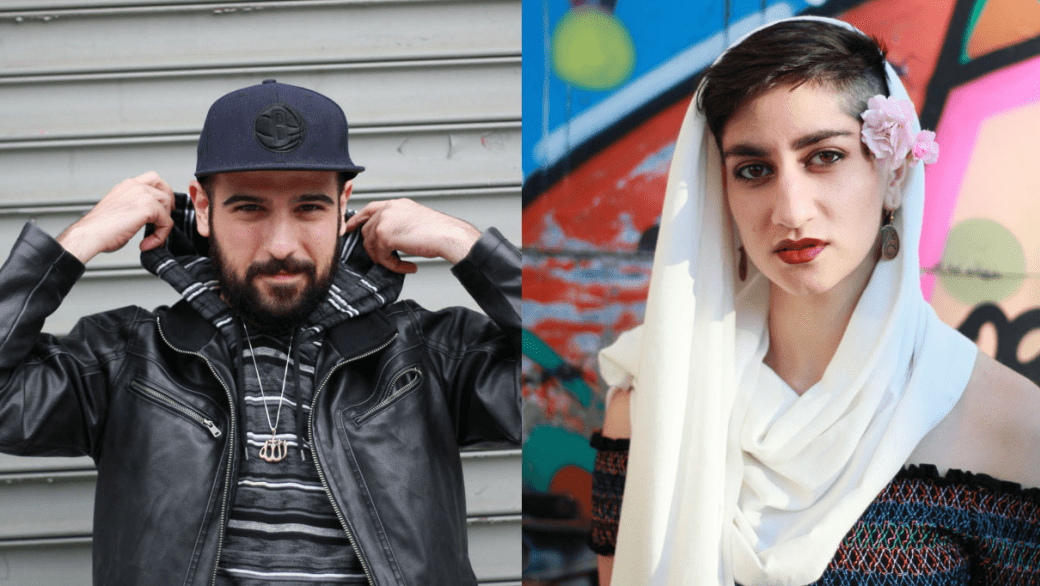

 Why you can trust Xtra
Why you can trust Xtra


